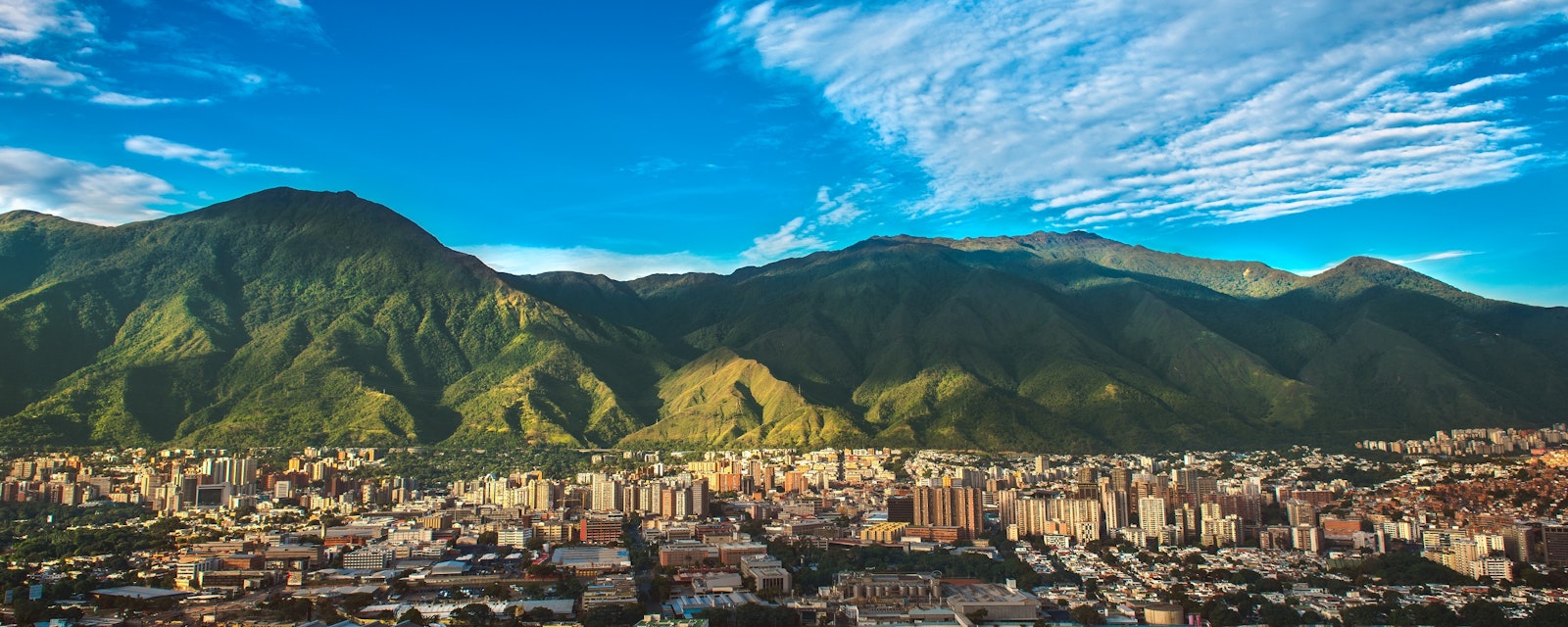The opposition to the regime could be on the brink of a cyclical rebound to electoral participation and engagement. Gubernatorial, mayoral, and municipal elections scheduled for November will be the focus of political competition for the rest of 2021. The criminal nature of the regime represents a fundamental incompatibility with the emerging opposition engagement strategy.
In very broad terms, there are two competing opposition approaches to the political juggernaut that is Chavismo. They are not always mutually exclusive and at times – most notably in 2015 – they have overlapped.
- The first is to build grassroots support for an alternative to Chavismo and compete to win power at the ballot box. This approach, whose most prominent flagbearer is Henrique Capriles Radonski, aims to offer tangible improvements to ordinary people’s lives by attacking the corruption, economic mismanagement, and general incompetence that characterizes Chavista government. This strategy reached an apogee in 2013 when Capriles almost defeated President Nicolas Maduro, but unravelled amid the 2014 protests, before contributing to the opposition revival in 2015.
- The second approach, whose chief architect is Leopoldo Lopez (Juan Guaido’s mentor), is more confrontational. Its premise is that Chavismo is inherently authoritarian and will never cede power unless it faces overwhelming domestic and international pressure. This game plan reached its high point in 2019 but subsequently faded, its decline accelerated by the December 2020 National Assembly elections, which most of the opposition boycotted.
Of course, there are many degrees along the opposition spectrum. There are doves (e.g. Henri Falcon) who are softer than Capriles, just as there are hawks (e.g. Maria Corina Machado) beyond Lopez and Guaido. The opposition’s most successful moments have come when its dual tracks have converged (briefly in 2013; and then in 2015-17; and again in 2019). However, even at these times, the opposition has ultimately faced obstacles that set it back into division.
The Capriles Method
Following the political tumult of the last 18 months, in which the Lopez/Guaido approach was ascendent, there are signs that momentum is moving back towards the Capriles method. This reflects not just that Guaido’s self-declared “legitimate” presidency has run out of road, but also that the regime’s somewhat hesitant pursuit of sanctions relief combined with the change of administration in the US have provided an opening for a different approach.
CNE
In practice, this means that the regime has accepted opposition demands (led by Capriles) to reform the National Electoral Council (CNE). The regime still controls three out of the five CNE board members, but the opposition has two members in the revamped body, Enrique Marquez and Roberto Picon. Marquez and Picon are already making waves. Marquez wants an investigation into bias reporting and misuse of state funds by state-run TV channel VTV and an opposition-bashing program (“Con el Mazo Dando”) fronted by regime No. 2 Diosdado Cabello. In parallel, an independent audit started yesterday, 14 June, into the electronic voting system – what Picon described as a step towards the “re-institutionalization” of the CNE.
Elections
How the regime reacts to these challenges to its political hegemony will be a key issue to watch. Another will be whether the Chavista-controlled courts agree to the legal restitution of some opposition parties, which the regime appropriated last year. Regime pragmatists believe that it is in their interests to encourage opposition parties to compete in the 21 November gubernatorial and mayoral elections as a gesture to the Biden administration. These same pragmatists can argue that allowing opposition parties to compete in fairly low-stakes local elections will not fundamentally threaten Chavismo’s grip on power.
Some opposition elements are willing to compete in November after the failure of the 2020 election boycott. The return from exile last week of the opposition ex-deputy Americo De Grazia to run for governor of Bolivar state is evidence of the shifting opposition ground, even while Guaido clings on to his interim presidential status and continues in his efforts to build a new opposition alliance. From the regime’s perspective, allowing someone like De Grazia to run would allow President Nicolas Maduro to claim that he is open to democratic competition even if in practice the regime will throw everything at maintaining power in such a strategic state as Bolivar.
Talks
Regime-opposition talks offer a similar opportunity for Maduro to posture without committing to substantial change. It is still extremely difficult to imagine Maduro accepting opposition demands for deep electoral reforms and/or to bring the presidential elections forward from 2024. Exit costs for Maduro and many of his cronies remain too high. By the same token, the international recognition and legitimization that Maduro wants is hardly likely without major concessions from the regime.
This has not stopped Norway from renewing diplomatic efforts to start a new dialogue; Mexico has offered to host any talks, and the upcoming visit to Mexico by the Vatican envoy Pietro Parolin suggests the Norwegian initiative remains alive. Perhaps there is scope for some kind of agreement to facilitate humanitarian aid. However, against the difficult broader backdrop, the chances of any talks achieving a breakthrough in Venezuela’s hurting political stalemate look small, especially when talks serve another purpose for the regime: they keep opposition divisions alive. As ever, opposition divisions are part of the explanation for Chavismo’s longevity in power despite its depredation of the economy.




